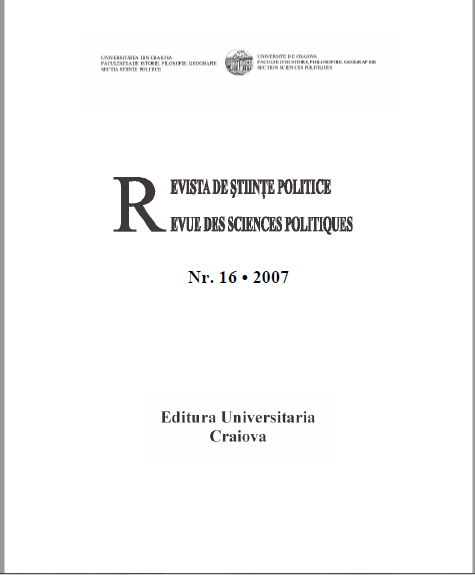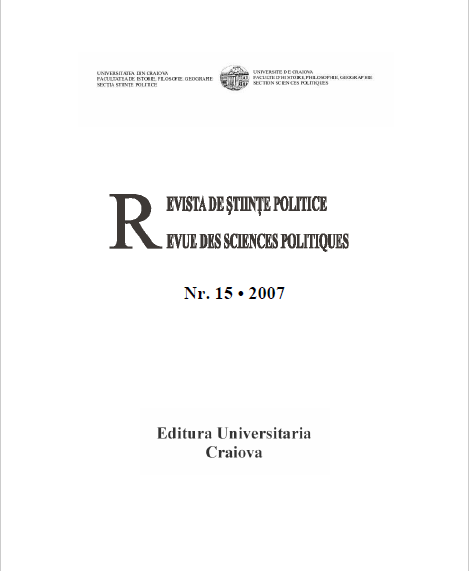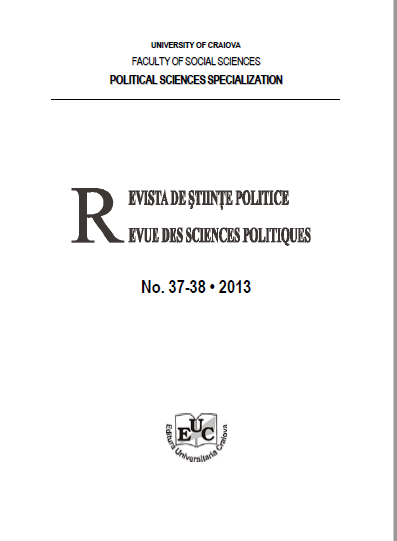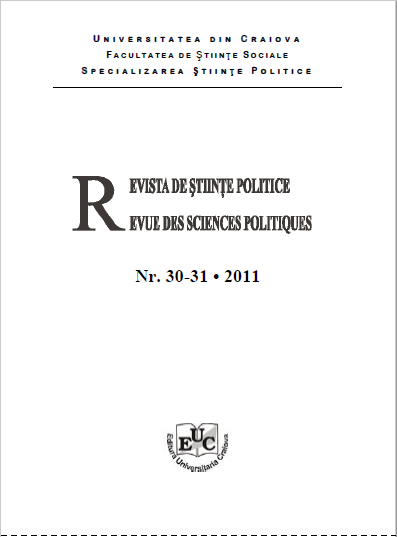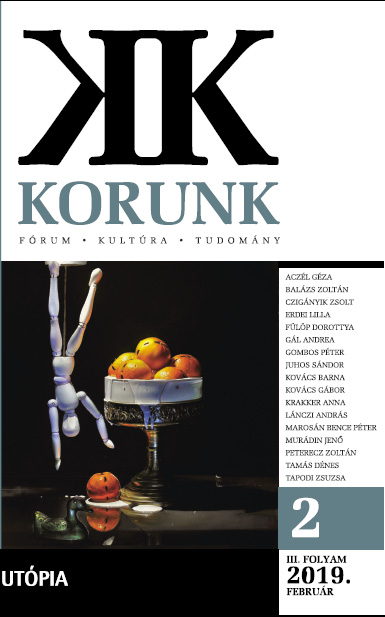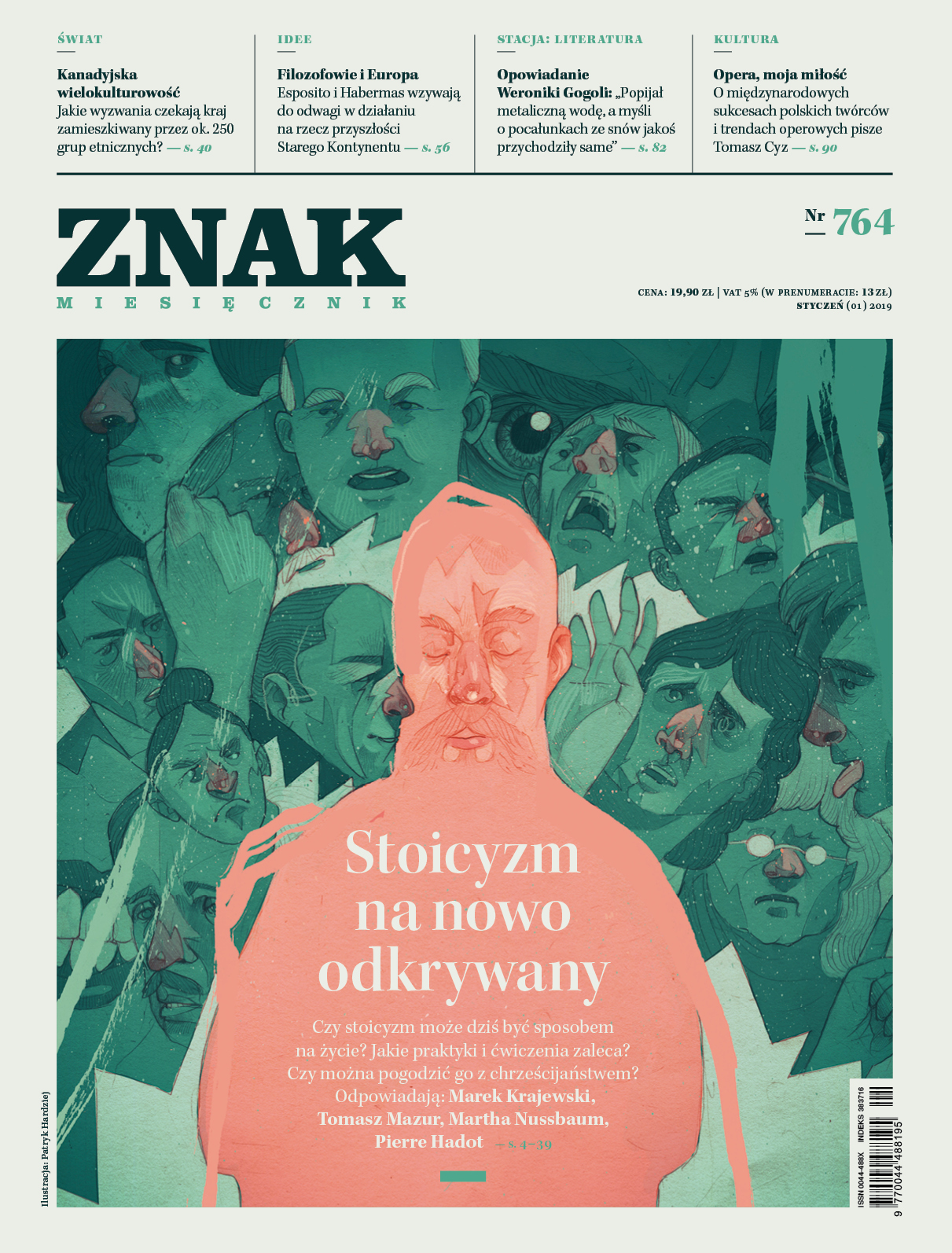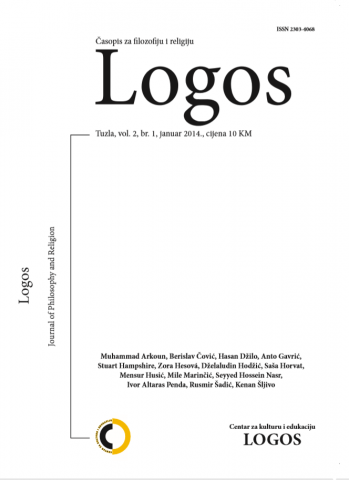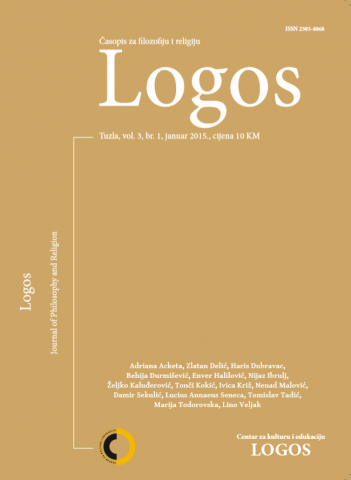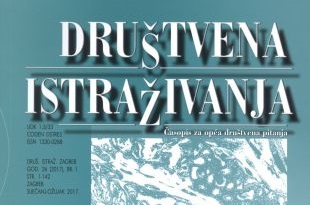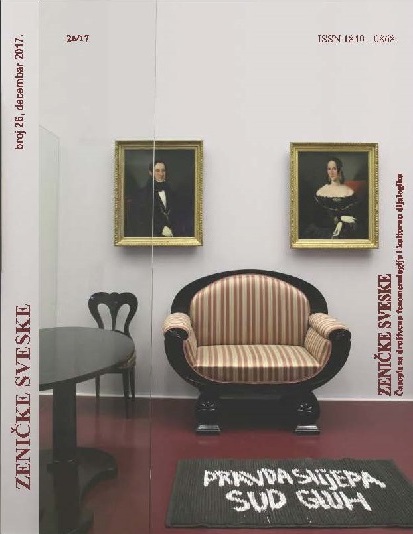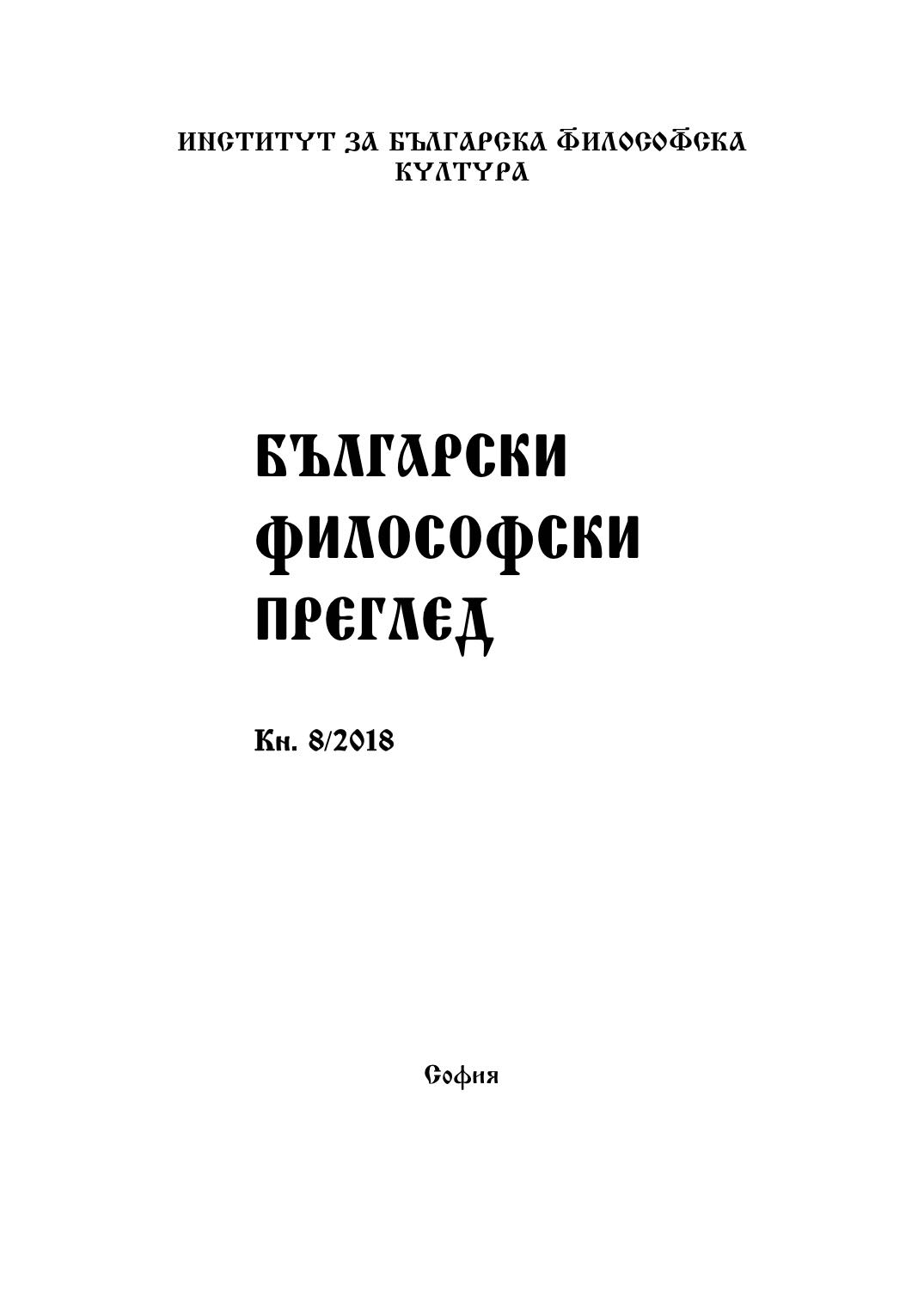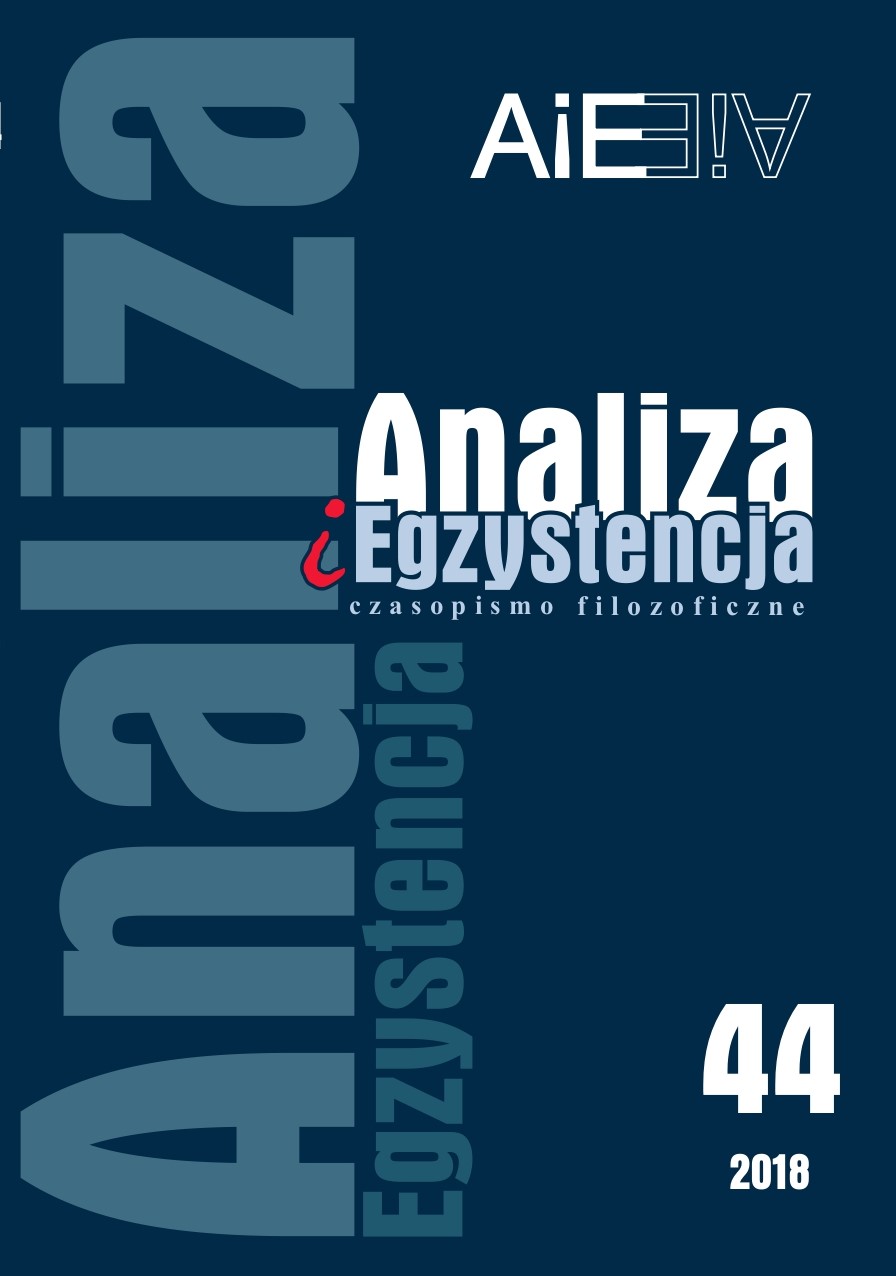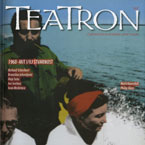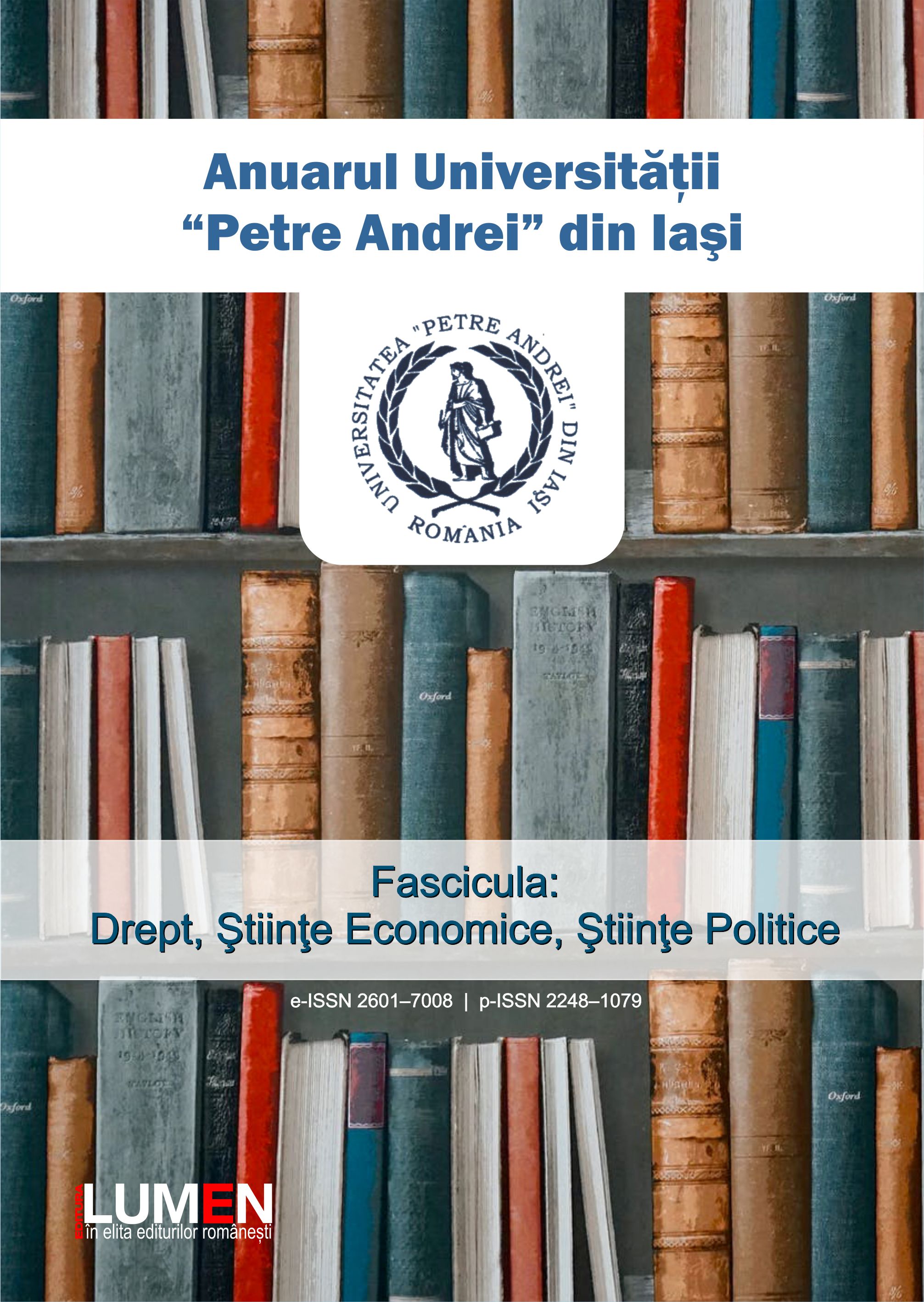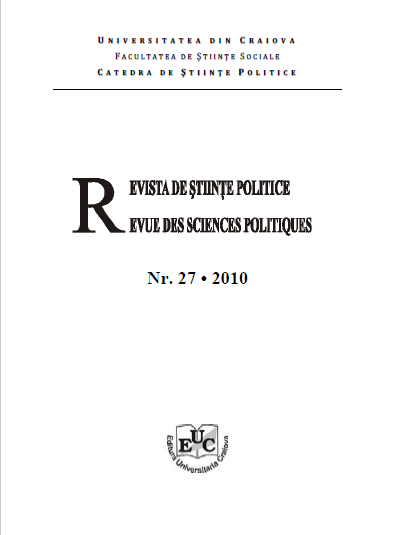
Politică, stat şi morală în gândirea iluministă
Illuminism has represented an essential qualitative shift in the evolution of manhood spirituality as it brought with it a categorical victory of reason over medieval dogmatic conceptions. This article is a synthetical presentation of the ideas (freedom, supremacy of the law, separation of powers etc.) of the main illuminist thinkers (Kant, Locke, Montesquieu, Voltaire, Diderot, ďHolbach, Rousseau etc.), who, during the Modern and Contemporary Ages, would become true norms of the rule of law, met in the political practice of Western states.
More...
